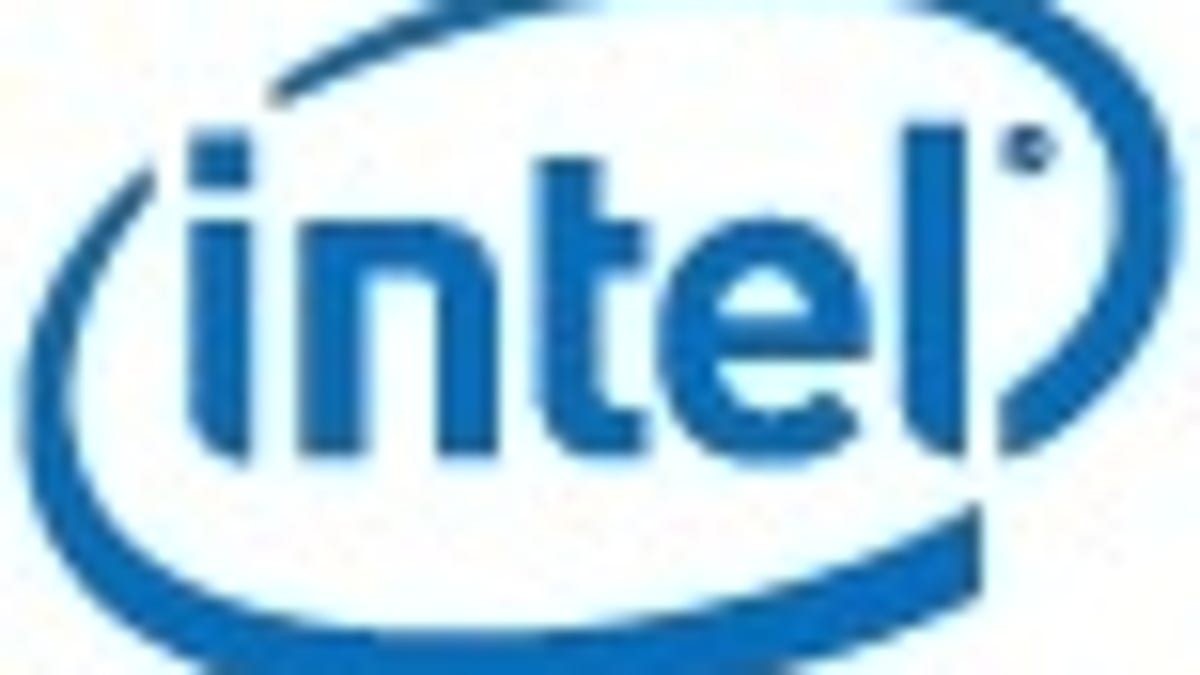Tablets hurt, but cloud helps Intel
Although the chipmaker is not benefiting directly from tablet shipments, sales are strong for Intel-based Web servers, which tablets rely on.

While tablet sales are passing Intel by, server sales are not, allowing the chipmaker to keep a healthy chunk of the global processor market.
Intel in the third quarter accounted for 83.7 percent of global microprocessor revenue, up about 3 percentage points from the same quarter last year and widening its lead over Advanced Micro Devices, which lost more than a percentage point, according to IHS iSuppli.
"The boom in media tablet sales has...both upsides and downsides for Intel--hurting its business in netbook microprocessors--but boosting its sales of chips used in data centers to support cloud computing," said Matthew Wilkins, an analyst at IHS, in a statement.
The bad news is that the Netbook market is shrinking rapidly as consumers opt for tablets. Global Netbook shipments are set to drop to 21.4 million units in 2011, down 33.5 percent from 32 million in 2010.
And Intel warned this month that its fourth-quarter results will fall short of the previous outlook due to hard disk drive supply shortages related to the flooding in Thailand.
As a result, IHS predicts that worldwide PC shipments in the first quarter of 2012 will amount to 84.2 million units, compared to the earlier forecast of 88 million.
The good news is server sales are headed up. The cloud-computing market is expanding as "companies seek to offer services designed to serve tablets, smartphones and other mobile devices," IHS said.
And Intel is benefiting from strong notebook sales to the corporate market, which continues to perform well even amid challenging circumstances in the consumer PC segment, IHS said.
Earlier this month, Intel announced it is undergoing a sweeping reorganization in its mobile device group to make the company more competitive in small devices like smartphones and tablets, where its chips are virtually absent.

